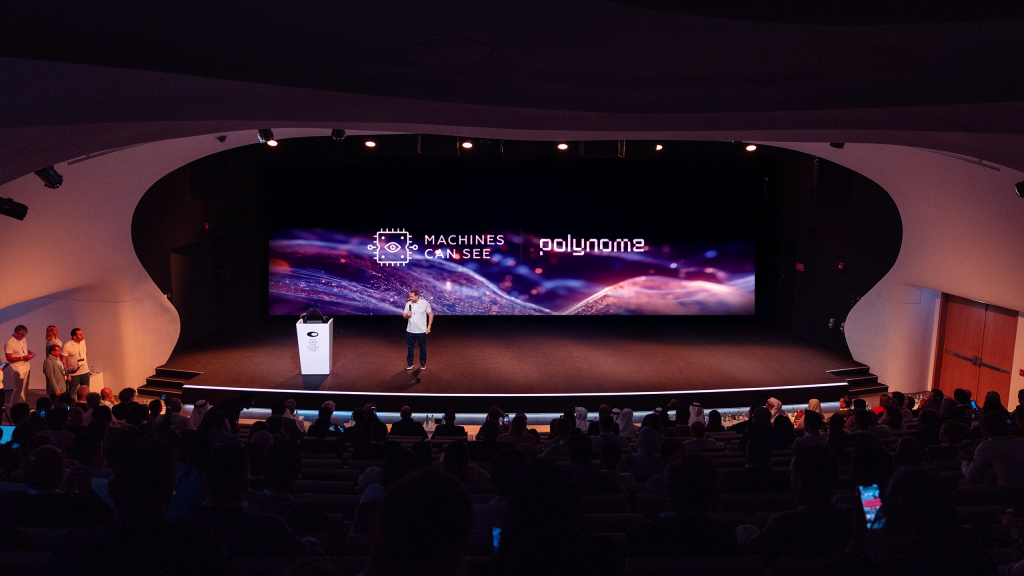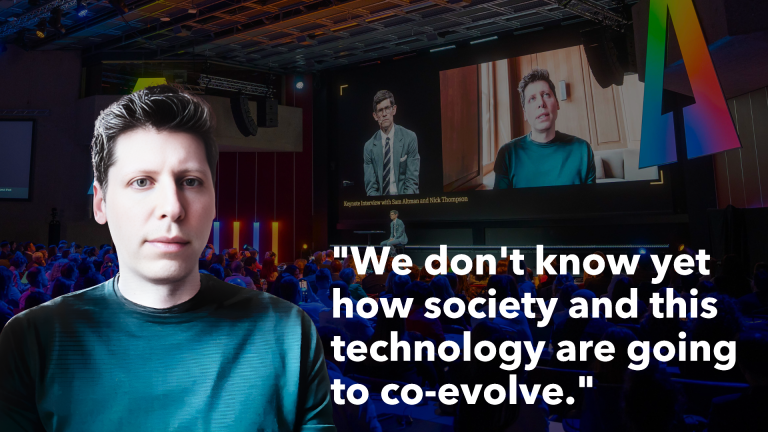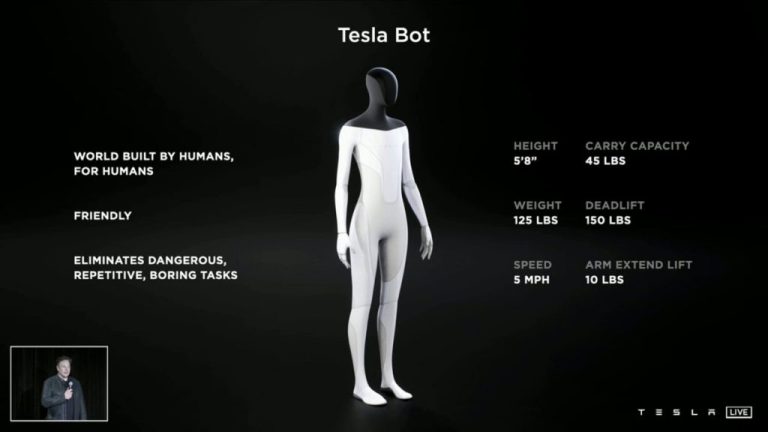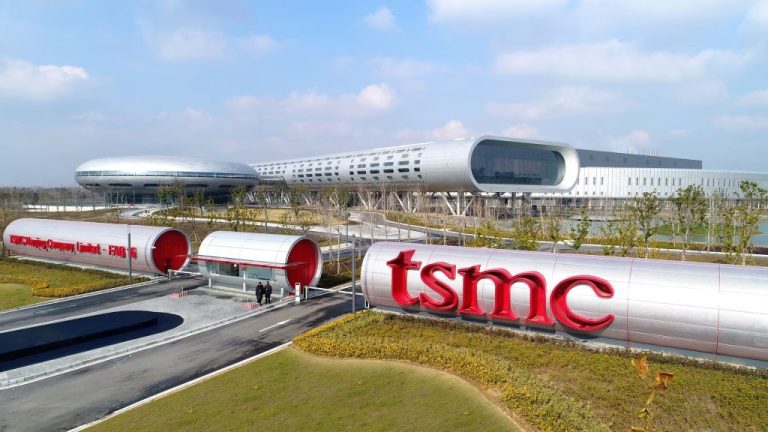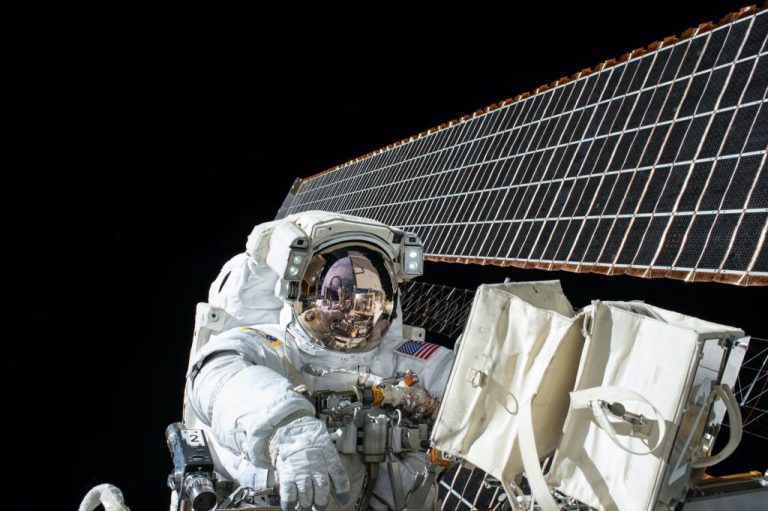AI Innovations Spotlight: Highlights from the “Machines Can See 2025” Showcase in Dubai
Machines Can See 2025 Concludes in Dubai
The third edition of the **Machines Can See (MCS) Summit** has successfully wrapped up at the Museum of the Future in Dubai. Over 300 startups had the opportunity to present their ideas to investors from firms such as EQT Ventures, Balderton, and Mubadala. More than 3,500 delegates from 45 countries participated, generating substantial online interest, with engagement levels projected to surpass 5 million views using the hashtag #MCS2025.
Organized by the UAE-based Polynome Group under the patronage of H.H. Sheikh Hamdan bin Mohammed bin Rashid Al Maktoum, the summit gathered a diverse group of experts. According to Alexander Khanin, founder and CEO of Polynome Group, “In just three years, MCS has transformed into a significant meeting point for leading thinkers in science, business, and public policy. This event demonstrated how collaboration between researchers, entrepreneurs, and governance can drive meaningful advancements in transparent and human-centered AI.”
Key Agreements Announced
During the two-day summit, several notable agreements were signed:
- A trilateral Memorandum of Understanding was established between Astana Hub (Kazakhstan), IT-Park Uzbekistan, and Al-Farabi Innovation Hub (UAE), facilitating a soft-landing platform for high-growth startups in Central Asia and MENA.
- Google Cloud introduced a new initiative providing complimentary “Gen-AI Leader” courses and discounted certification vouchers to promote responsible AI adoption in the region.
- Polynome Group launched the AI Academy in partnership with the Abu Dhabi School of Management, supported by NVIDIA’s Deep Learning Institute. The Academy will offer short executive seminars and a specialized four-month Mini-MBA in AI to prepare leaders and innovators for practical applications of AI technologies.
Focus on Policy and Talent Retention
The first day featured a ministerial round-table discussion titled “Wanted: AI to Retain and Attract Talent to the Country.” Ministers from the UAE, Egypt, Malaysia, Kazakhstan, and Indonesia outlined strategies, including visa fast-track programs and national GPU cloud initiatives aimed at reversing brain-drain and enhancing research and development.
Innovative Research Presentations
Prof. Michael Bronstein from the University of Oxford/Google DeepMind showcased Geometric Deep Learning applications that can expedite drug discovery and model subatomic physics. Marco Tempest from NASA JPL/MagicLab.nyc demonstrated a mix of GPT-4 dialogue and mixed-reality holograms. Additionally, Prof. Michal Irani from the Weizmann Institute presented cognitive systems capable of reconstructing scenes from a single gaze sequence. Andrea Vedaldi from Oxford introduced a 3D generative AI pipeline for creating instant city-scale digital twins, while Marc Pollefeys from ETH Zurich demonstrated real-time spatial mapping with extremely low latency.
Workshops and Industry Panels
Various workshops took place, including AWS’s hands-on clinic on “Building Enterprise Gen-AI Applications,” focusing on RAG and secure deployment strategies. NVIDIA shared its production generative AI approach, complementing its new partnership with Polynome Group’s legal entity, Intelligent Machines Consultancies. A specialized session by Dubai Police tackled predictive policing, while workshops on social data pipelines utilized GPU clusters.
The parallel **Machines Can Create** forum discussed AI’s impact on luxury, digital art, and media, featuring speakers from HEC Paris, The Sandbox, IBM Research, and BBC. The event concluded with a panel on “Pixels and Palettes: The Canvas of Tomorrow.” Prof. Marc Pollefeys emphasized that we are at a pivotal moment where technologies such as spatial AI and real-time 3D mapping are transitioning from research environments to everyday applications, fundamentally altering cities, workplaces, and our interactions within the digital landscape.
Collaboration among researchers, industry leaders, and policymakers is essential for accelerating the transition to innovative solutions, making them accessible to everyone. Discussions in panels like “Good AI: Between Hype and Mediocrity” and “Defending Intelligence: Navigating Adversarial Machine Learning” highlighted the importance of ongoing audits, red-teaming, and transparent supply chains. Dubai Police, TII UAE, and IBM advocated for the implementation of ISO-aligned governance toolkits to protect public sector projects.
On the second day of the event, H.H. Sheikh Hamdan bin Mohammed bin Rashid Al Maktoum awarded trophies for the Global Prompt Engineering Championship, recognizing advancements in multilingual, safety-oriented large language model (LLM) prompting.
The summit identified three strategic priorities for the coming decade. First, the development of talent in aviation, supported by unified technology visas, national GPU clouds, and government-funded sandbox clusters, is seen as a crucial measure against AI brain drain. Second, spatial computing is evolving from lab environments to urban applications, as sub-10-millisecond mapping technology enables safe humanoid robotics and city-wide augmented reality services. Lastly, secure generative AI must integrate adversarial resilience with transparent and explainable processes for widespread adoption in regulated sectors.
The role of machine learning in enhancing cloud-native container security
AI and bots allegedly used to fraudulently boost music streams

The impact of AI on finance and logistics
In recent developments, a spinout from MIT has made strides in artificial intelligence by creating systems that can acknowledge their limitations. This innovative approach addresses the issue of AI “hallucinations,” where models generate incorrect or misleading information confidently. By integrating this feature, the system enhances its reliability in various applications, making it a significant advancement in AI ethics and effectiveness.
IBM and Roche have joined forces to leverage artificial intelligence to revolutionize diabetes management. Their new AI algorithms are designed to predict blood sugar levels, allowing patients to maintain better control over their health. This collaboration not only showcases the potential of AI in healthcare but also highlights the need for innovative technologies to aid in chronic disease management.
The introduction of a new AI model by DeepSeek has sparked considerable controversy, as critics claim it poses a threat to free speech. The features in this model may limit expression, raising ethical concerns about the balance between technology advancement and safeguarding fundamental rights. This situation urges a reevaluation of how AI developments are aligned with societal values and freedoms.
For further insights, you can explore more about innovations and ethical discussions surrounding artificial intelligence in various sectors, including healthcare, technology, and industry practices.
Explore a diverse range of captivating destinations across the globe. From the tropical vistas of Fiji to the stunning landscapes of Finland, every location offers a unique experience. These destinations, including France and its overseas territories such as French Guiana and French Polynesia, showcase a blend of culture and natural beauty that invites travelers to discover their wonders.
Transitioning to Africa, countries like Gabon, Gambia, and Ghana present remarkable wildlife and rich cultural histories. In Europe, nations such as Germany, Greece, and Italy boast historical landmarks and culinary delights that attract millions of visitors. Meanwhile, the Asia-Pacific region features the pristine beaches of Thailand, the serene landscapes of New Zealand, and the vibrant culture of Japan.
Each of these countries, whether in the Americas like Guatemala and Uruguay, or in the Middle East such as Jordan and Saudi Arabia, provides travelers a chance to broaden their horizons and immerse themselves in varied traditions and environments. Every destination is a gateway to adventure, exploration, and unforgettable memories.

